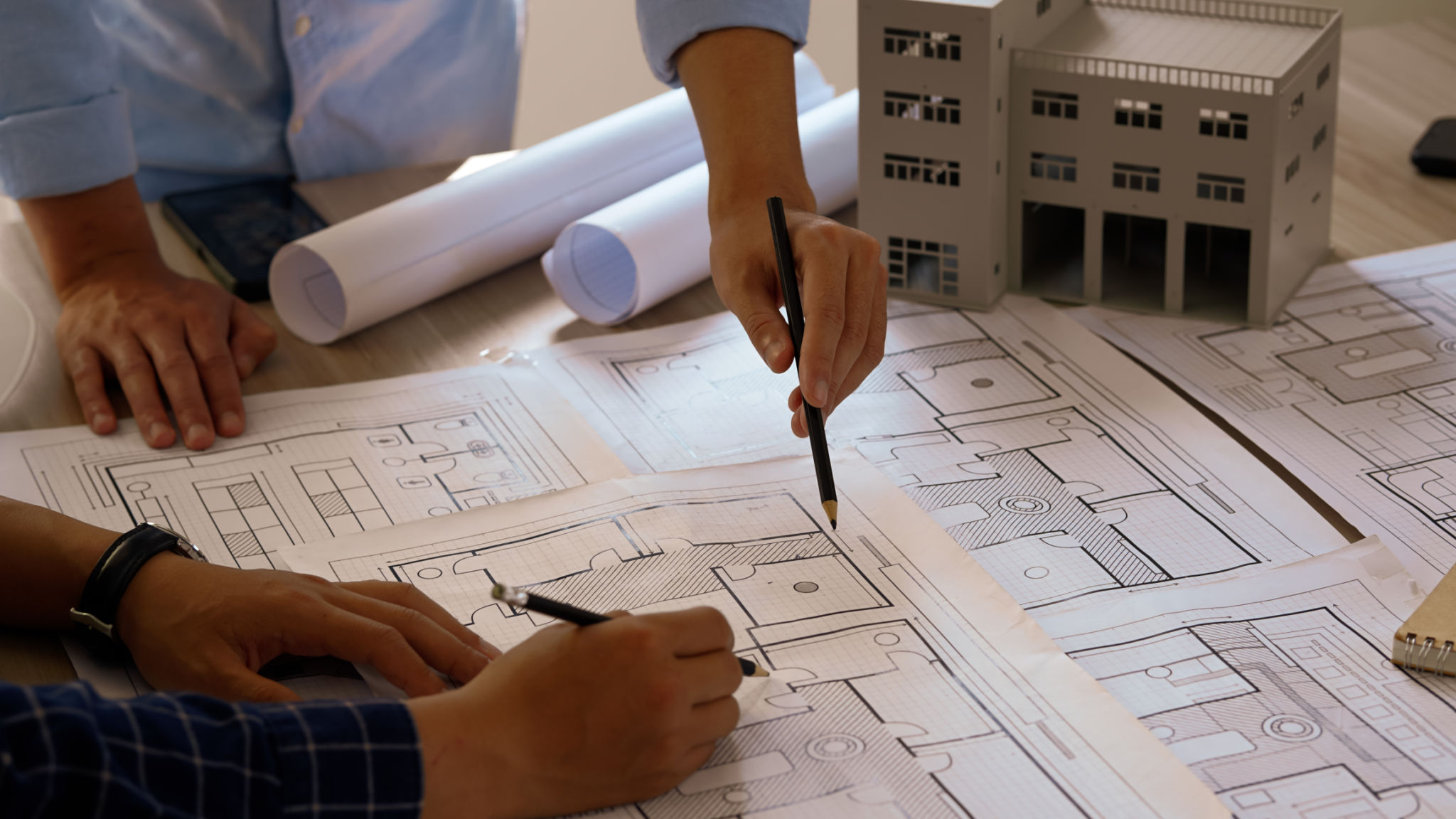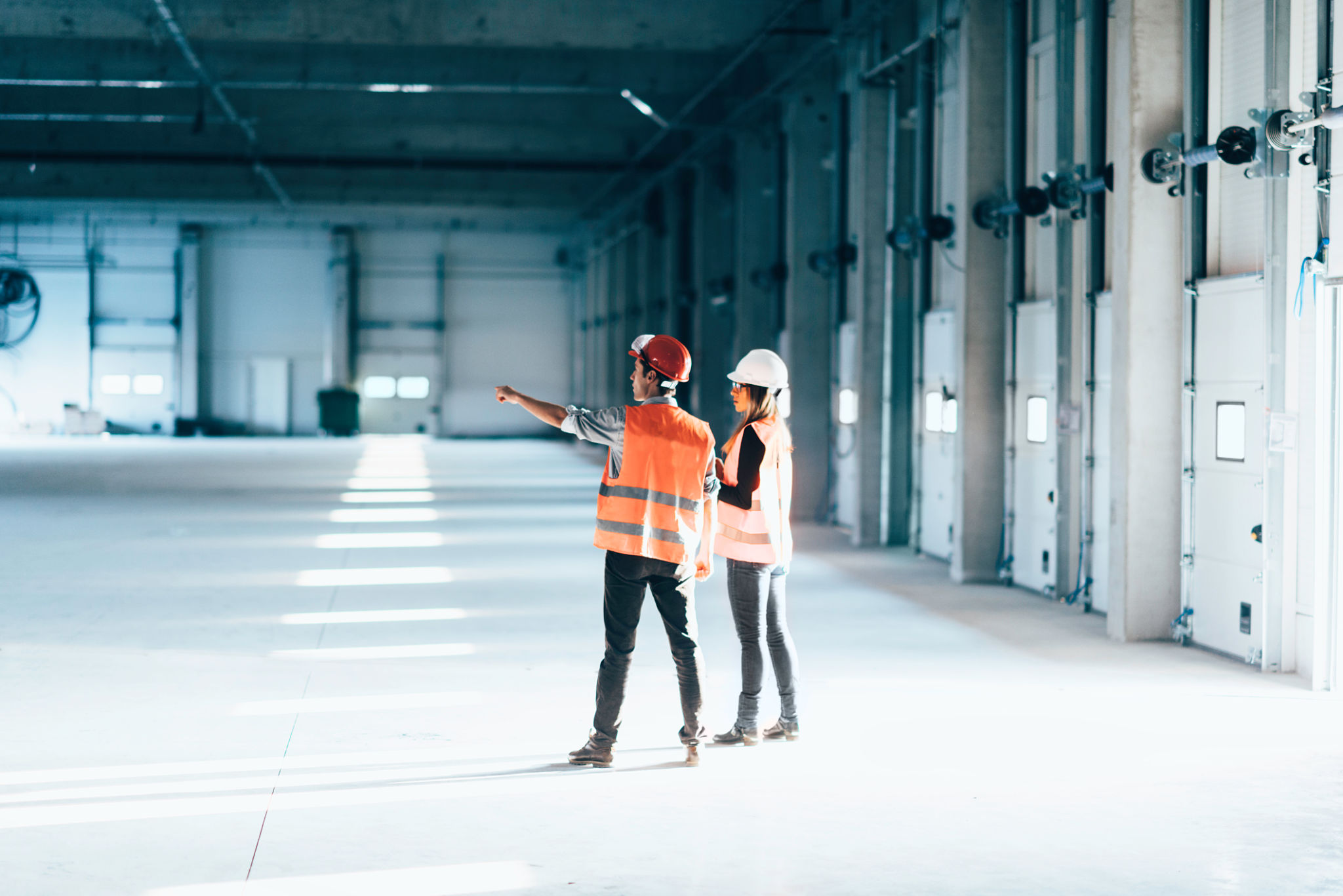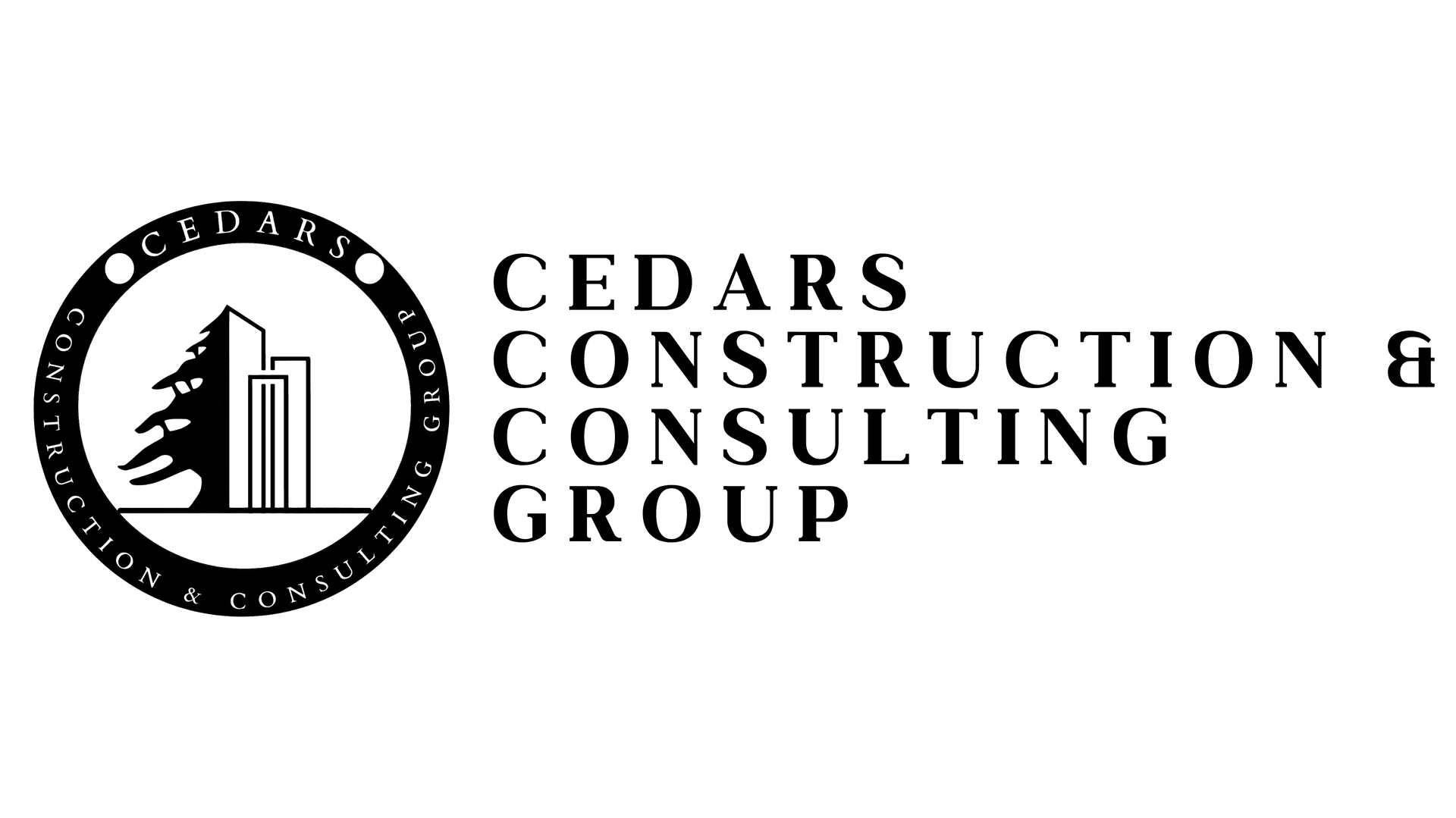Top Tips for Navigating Philadelphia's Construction Permitting Process
Understanding the Basics of Philadelphia's Construction Permitting
Navigating Philadelphia's construction permitting process can be a daunting task for newcomers and seasoned builders alike. The city has specific regulations and requirements that must be adhered to, ensuring safety and compliance. Understanding these basics is crucial for a smooth permitting experience.

Determine Which Permits You Need
Before starting any construction project, it's essential to determine which permits are necessary. The Department of Licenses and Inspections (L&I) handles the issuance of various permits in Philadelphia. These can include building permits, zoning permits, and more depending on the scope of your project. Make sure to consult the official L&I website or contact a representative to confirm your needs.
Preparing Your Application
Once you've identified the necessary permits, the next step is preparing your application. This involves gathering all required documents, such as site plans, architectural drawings, and any additional information requested by L&I. Ensuring that your application is complete and accurate will help avoid delays in the review process.

Submitting Your Application
Applications can typically be submitted online through the city's eCLIPSE system, making it convenient and efficient to start the permitting process. Ensure that all digital files are correctly formatted and uploaded according to the guidelines provided by the city. This step is crucial in maintaining a seamless workflow.
Understanding the Review Process
After submission, your application will undergo a review process where city officials assess compliance with local regulations. The review process can take anywhere from a few days to several weeks, depending on the complexity of your project. It's important to monitor the status of your application regularly and respond promptly to any requests for additional information.

Addressing Potential Challenges
During the review, you might encounter challenges such as zoning discrepancies or code violations. Address these issues quickly by collaborating with professionals like architects or engineers who understand local regulations. Their expertise can be invaluable in resolving potential setbacks efficiently.
Receiving Your Permit
Once your application is approved, you will receive your permit, allowing you to begin construction legally. Keep a copy of this permit onsite at all times as proof of compliance during inspections. Regular communication with your project manager and adherence to permit conditions is key to maintaining project momentum.
Keeping Up with Inspections
Throughout your construction project, regular inspections will be conducted to ensure ongoing compliance with city regulations. Schedule inspections in advance and prepare thoroughly to avoid any delays that could impact your timeline. Staying proactive can prevent costly interruptions.

Finalizing Your Project
Upon completion of construction, a final inspection is required to close out the permit officially. This step ensures that all work has been performed according to code and without any outstanding issues. Achieving sign-off from inspectors marks the successful conclusion of Philadelphia's permitting process.
By understanding these key steps and leveraging available resources, you can effectively navigate Philadelphia's construction permitting process, ensuring a smooth journey from planning to completion.
